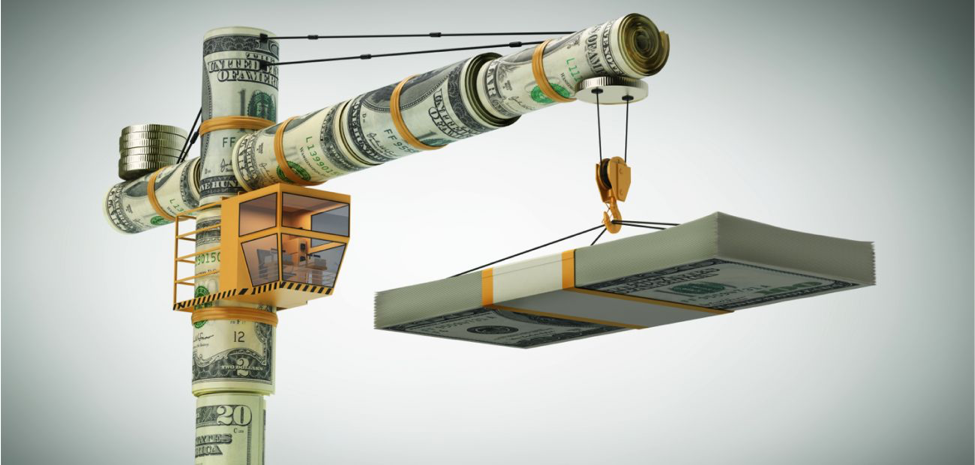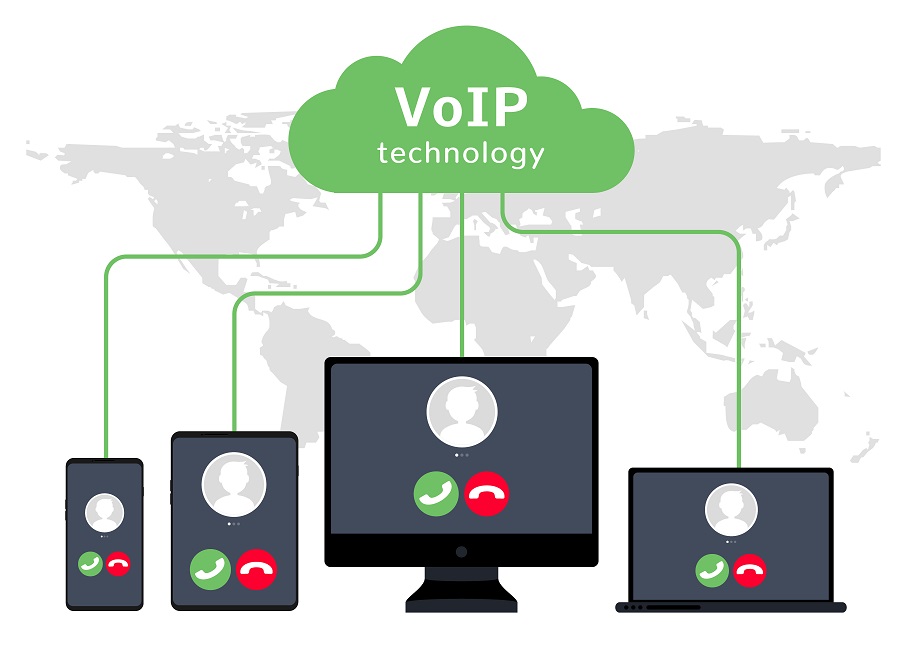Between Black Friday, Cyber Monday and Christmas Shopping, retailers typically generate huge profits, fattening up their balance sheets heading into the new year. US household debt does not take kindly to these wanton spending patterns, given that household debt is now standing at $12.96 trillion.
Several leading analysts are growing concerned that the US economy could be heading into another recession.
According to the New York Fed, the past 12 months has seen US household debt growing by $605 billion with $116 billion being added in the latest quarter alone. This does not bode well for an economy on the mend – it artificially inflates GDP figures and presents the illusion of robust growth. In the last year alone, household debt has the balloon by 1%, and this is evident across the spectrum. For example, credit card debt spiked 3.1% last quarter, automobile loans, mortgages and student loans have followed suit with sharp increases too.
The good, bad and ugly sides of debt
By far the most pressing concern is bad debt a.k.a. credit card debt. This is especially notable in the state of New York where various empowerment initiatives and agencies have reported burgeoning credit card problems among New Yorkers. Analysts are drawing parallels between the 2007/2008 global crisis and the current situation – warning of imminent disaster.
When people shop on their credit cards, they routinely run up debts on top of existing debts. The burden on outstanding debt is increasing with rising interest rates, and 2018 is likely to accelerate this trend.
A decade ago, total household debt had reached $12.68 trillion, and the result was a global recession. Today, we are once again facing a mountain of debt, and there is little respite in store.
Low interest rates are used as an enticement to get people to sign up for additional lines of credit. This includes personal loans, business loans, credit cards and the like.
Unfortunately, the interest on unsecured lines of credit can rise sharply and customers end up with a heavy debt burden. One of the most commonly used tactics (and a poor one at that) is shifting the debt burden to lower interest-rate credit cards. By continually shifting debt burdens to avoid or diminish the payments, credit providers eventually stop issuing assistance.

Fortunately, there are workable solutions in the form of debt consolidation loans. This rather ingenious concept works because credit cards charge so much. Were it not for the high interest rates that credit card companies levy, debt consolidation loans may not work.
By offering lines of credit at lower interest rates than the credit card companies, it is possible to save money and pay down your principal quicker. This is an effective means of managing debt. The housing market and household debt accounts for the largest share of overall debt in the US.
How big a deal is credit card debt?
Statistics indicate that by Q1 2017, housing-related debt accounted for 71.4% of total US household debt. Today, student loans are increasingly expensive and a formidable component of the share of consumer debt at 10.6%, automobile loans at 9.2%, credit cards at 6%, and other forms of credit at 2.9%.
While these figures fluctuate from quarter to quarter, the trend is evident: household debt is gradually diminishing, but student loan debt and credit card debt is increasing. This begs the question: should home-equity loans be used to pay off debt?
There are several factors to consider before shifting the debt burden from credit cards and bank loans to home-equity loans. For example, you will reduce the total number of loans by consolidating, and this often creates a psychological feeling of well-being by having fewer loans to contend with.
Are you willing to gamble with your property?
On a more practical level, the interest rate on home-equity loans is less. People who are struggling to repay their credit card bills will also find home-equity loans much easier to contend with, given that you have to pay less in interest-related payments every month. The flipside of the coin is that home-equity loans will be extended by placing extra debt burdens on them.
The question as to whether home-equity loans should be used for debt consolidation purposes requires some thought. If the property market flips, and house prices start reversing, you will owe more than the property is worth if you increase your debt burden. Since credit card debt is unsecured debt, you may wish to think twice about doing this.
The only thing that happens if you default on your credit card repayments is your ability to access credit. However, if you default on your home-equity loan/home loan, you could lose your property.





